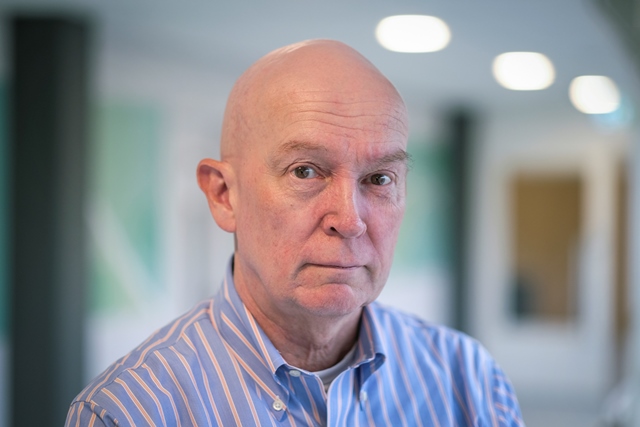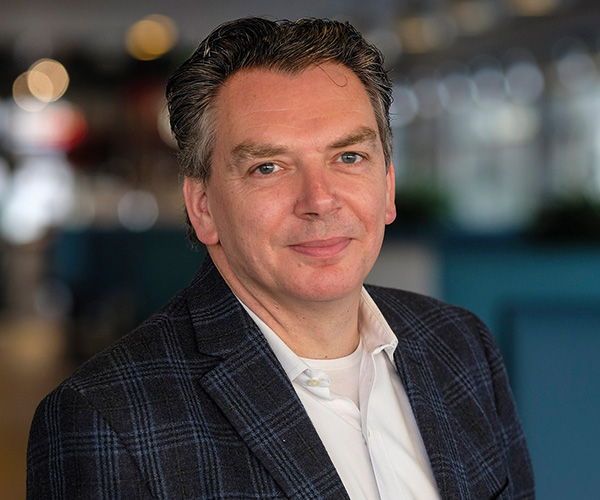Welcome to our feature “A word from the expert”. In this feature, we introduce someone who has organized a conference in our region or will do so in the future. This month, we meet prof. dr. Hugo ten Cate, from the department of Internal medicine and the laboratory for Clinical Thrombosis and haemostasis at the CARIM institute and Maastricht University Medical Center and dr. Henri Spronk, PhD, from the department of Internal Medicine and the laboratory for Clinical Thrombosis and Haemostasis at the CARIM institute and Maastricht University Medical Center.
1. Why did you choose your specialism?
Henri Spronk chose the specialism of Biochemistry out of interest for robotic working mechanisms of proteins and enzymes. The choice for thrombosis was an accidental one starting with a two hour discussion with Hugo ten Cate. Hugo’s choice for Internal Medicine and in particular vascular medicine was driven by a strong interest in exploring underlying mechanisms of thrombosis, a critical cause of cardiovascular morbidity and death.
2. Which conference have you managed to acquire for the Maastricht Region?
Together with Paola van der Meijden, Arina ten Cate-Hoek, Yvonnen Henskens, and Harry Crijns, we are the directors of the third Maastricht Consensus Conference on Thrombosis (MCCT). In contrast to regular scientific congresses, the ultimate goal of MCCT is drafting a consensus document to indicate the state-of-the-art, but more importantly, the avenues for research in the years ahead. Inspired by previous MCCT meetings, we propose “Thrombo-inflammation and cardiovascular disease”, as the overarching theme for 2019. The topic of Thrombo-inflammation is more than a hype. For example, two landmark studies published in 2017 provide evidence for the importance of thrombo-inflammation in atherothrombotic diseases (targeted inhibition of Il-1beta in the CANTOS study, combined antiplatelet and anticoagulant application in the COMPASS trial, both interventions reducing major cardiovascular outcomes in high risk patients with atherosclerosis).
3. Which were the competitive cities and what was the decisive reason to choose for Maastricht?
Maastricht was the only choice because of the location of our group at Maastricht University Medical Center. The first two meetings were held in the MECC Maastricht venue. Since the number of participants is between 100 and 150, this year’s venue is the Crowne Plaza in Wyck, Maastricht. At this location we hope to achieve a more intimate atmosphere.
4. In your opinion, what is the development perspective for the region?
Maastricht could be the central cardiovascular institute in the triangle of Belgium, Germany and the Netherlands. Providing local scientific meetings improves the visibility and overall research quality of Maastricht. However, this requires good accessibility from major airports or even a full operational local airport.
5. What does the Maastricht Convention Bureau mean to you?
We work closely with Pauwels Congress Organisers and Maastricht Convention Bureau. It is crucial for the city that Convention Bureau brings international conferences to Maastricht


